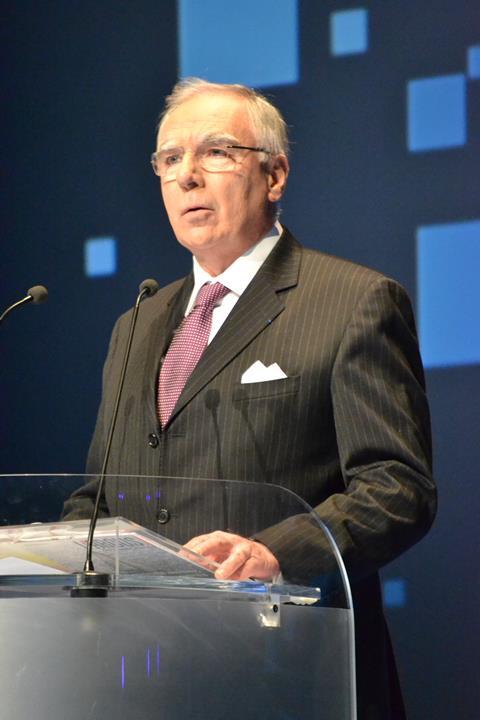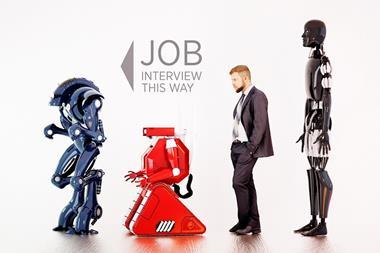AMRAE president tells risk managers that they need to ‘constantly adapt’ to changes in the world economy – while also keeping an eye on emerging cyber risks

“The main risk to French business is, in my opinion, is very obvious,” says Gilbert Canameras, president of AMRAE and director of risks and insurance at French multinational mining and metallurgy company, Eramet. “We have all read about it in the newspapers and seen it on TV; it’s been here for seven years since the crash. Everybody is talking about it: the world has changed.”
The Eurozone crisis has hit France hard: the economy has suffered, governments have changed – and with this have come profound changes to business operating environment.
“We are not talking about political risk in the classic sense that we used to understand it, but instead a more complex risk made up from a mix of the general economic, fiscal, political and social circumstances in which enterprise must work,” says Canameras.
This is not to say French businesses have been knocked down. Canameras believes French high-technology and luxury products remain world-beating assets, with big contracts recently landed by engineering firms Alstom and Technip in emerging countries. Rather, the world in which they operate has evolved.
“We are living in a post-crisis world and this has affected every country, not just Europe, but the US and China – everyone. Both the world economy and the economies of individual countries have, and are, changing, and enterprise must not only adapt to this but be constantly adapting.”
To do this, business leaders have to re-think and re-examine every level of their operations, from regulation to taxation and investments. “What we used to accept as stable and safe in the West has changed and the environment just isn’t the same,” says Canameras. “Geopolitical risk analysis used to mean analysing what went on elsewhere, in emerging economies, but now we must apply the same rigour at home, in Europe and the US. Things are changing so fast on tax and regulation.”
According to the AMRAE president, the second major risk facing French businesses “is what we used to call cyber”.
“While this is something that most companies accept, they are still a long way from fully engaging with the threat,” he says. “The risk is multi-faceted and multi-dimensional. Companies might say they realise that protecting themselves is important, but they are not really aware of the total consequences of an attack. We perceive the nature of the risk, the intensity, the importance – but not the problem; not fully anyway.”
One of the reasons for companies failing to get this developing risk across fully is the problems they face trying to quantify it. “As risk managers we like to put a number on risks, not just for insurance purposes but as a way of clarifying the risk for senior management,” says Canameras.
“But how much would a deep cyber crisis cost? No-one can really say what would happen to a company if their share price was devalued for a very long time as the result of an attack or attacks.
“It’s very hard to really understand the threat.”
But whatever the risk, Canameras believes that, through AMRAE, French risk managers are learning to adapt and becoming more highly skilled – the challenge now for members is to ensure their boards fully engage. “It is still important for risk managers to have the buy-in of their management,” Canameras.
“They cannot work if they do not know where their companies are going and have an involvement in strategy.
“The risk manager must be there to teach his boss about present risk.
“The sole piece of advice I can give is to work hard. We have to work and work and work to find solutions. This is the goal of AMRAE. We have to encourage communication between risk managers and make their conversation more productive.
“In my own company we set up an information sharing tool across the company, corporate and and projects teams.
“We have to be creative in our approach to risk: when something goes wrong it is almost always something that has never happened before.
“You have to be imaginative to see these things before they happen.”




















No comments yet